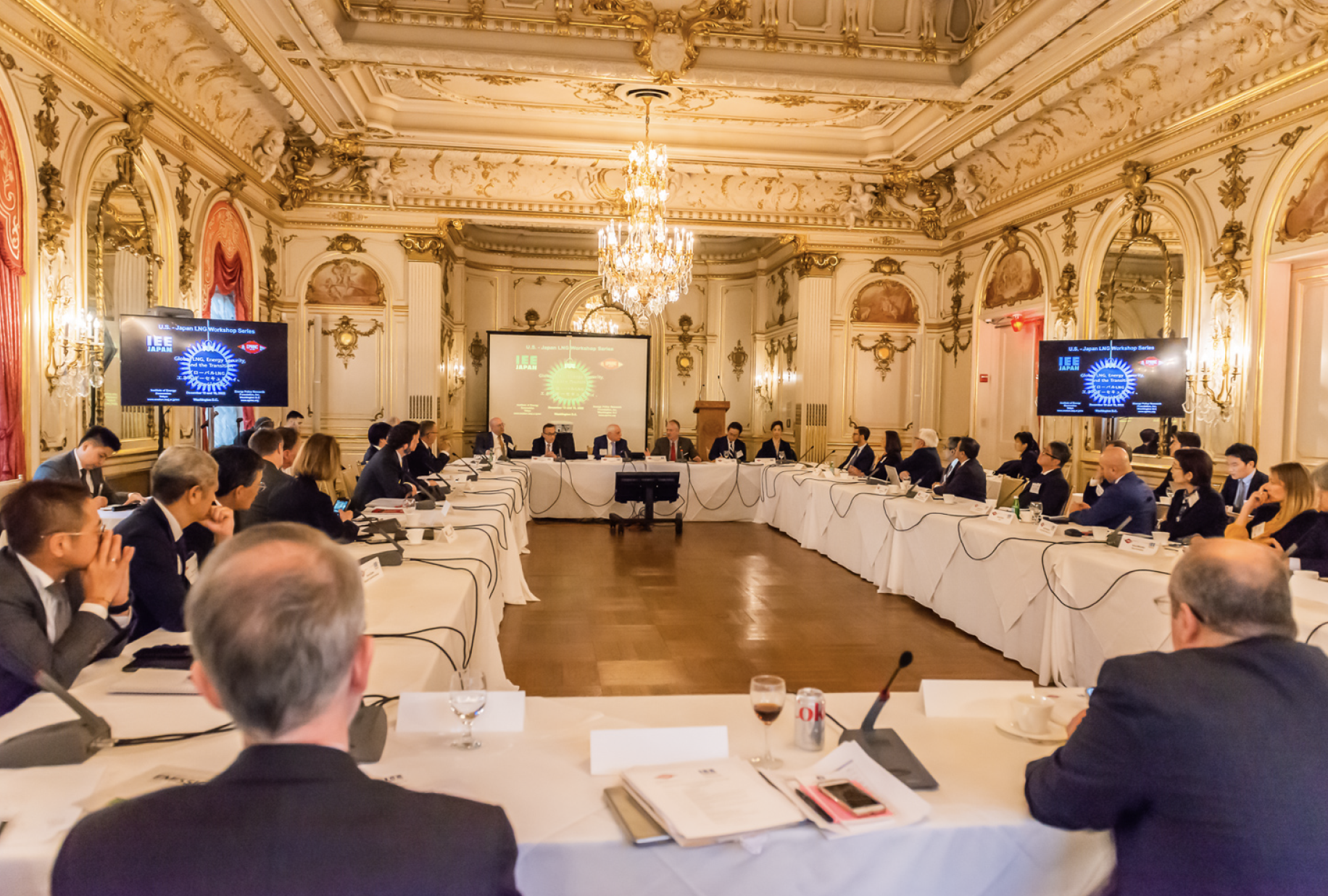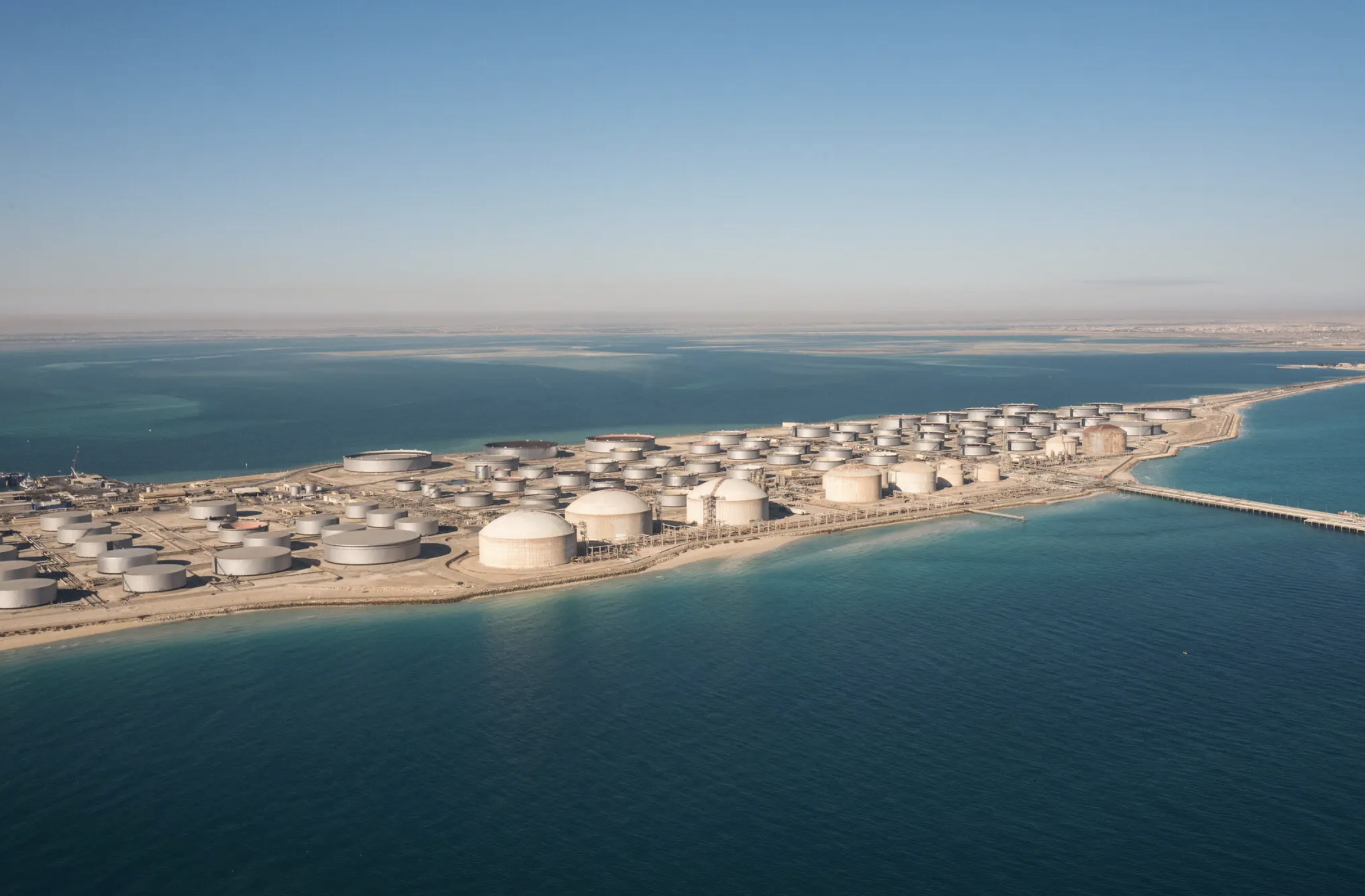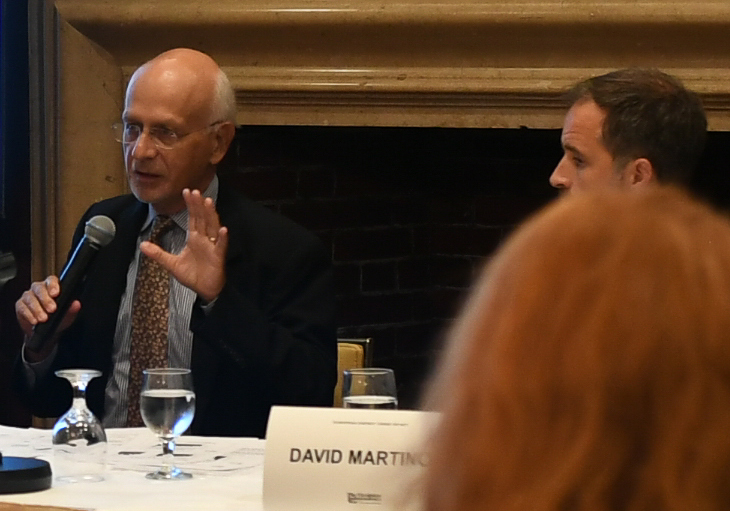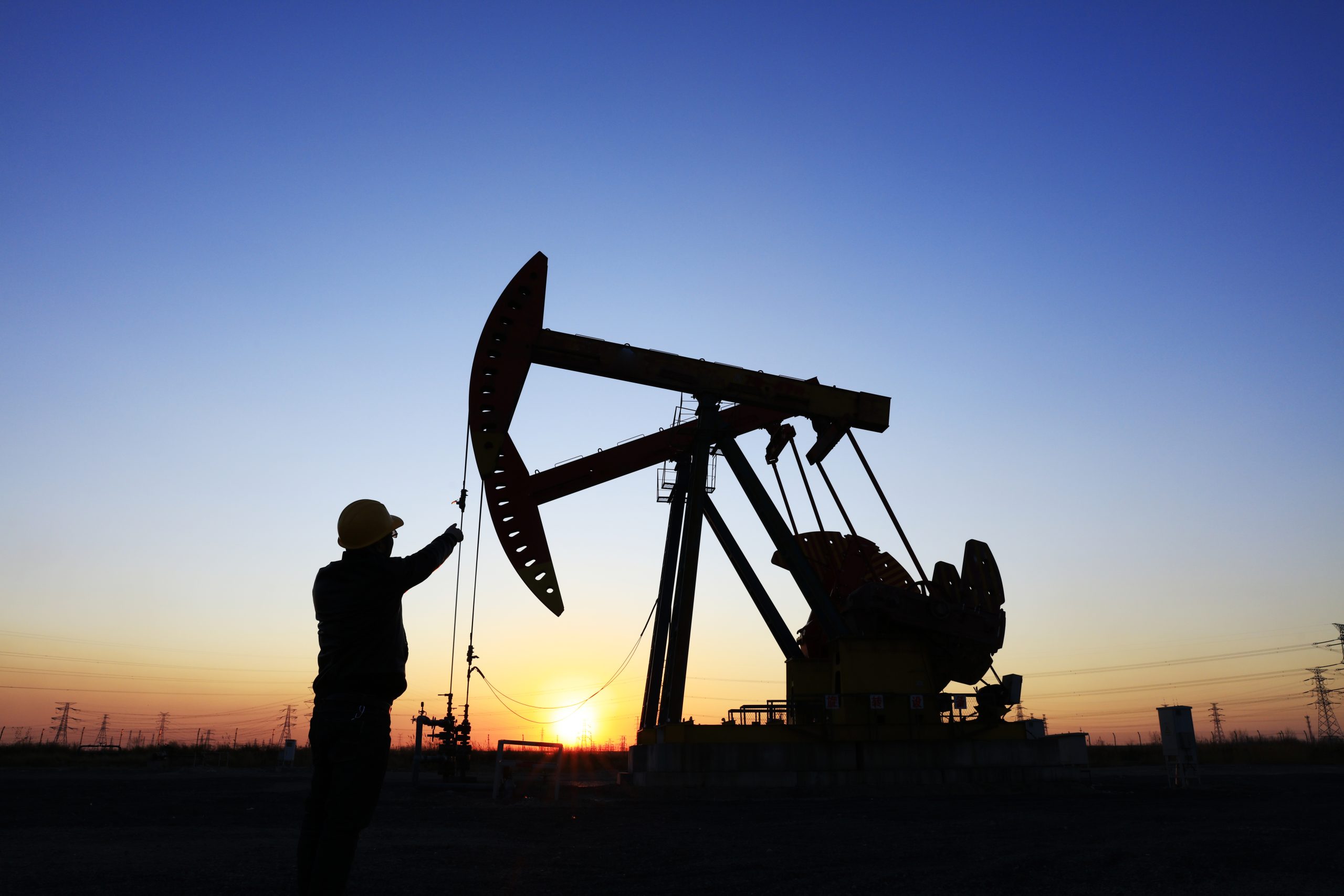
EPRINC and IEEJ CoHost DC Workshop: “Global LNG, Energy Security, and the Transition”
The Institute of Energy Economics Japan (IEEJ) in Tokyo and the Energy Policy Research Foundation, Inc. (EPRINC) in Washington DC have hosted an in-person workshop on December 15-16, 2022 in Washington, DC. The workshop, Global LNG, Energy Security, and the Transition, brought together a small group of policymakers, practitioners, and experts from the U.S., Asia,









